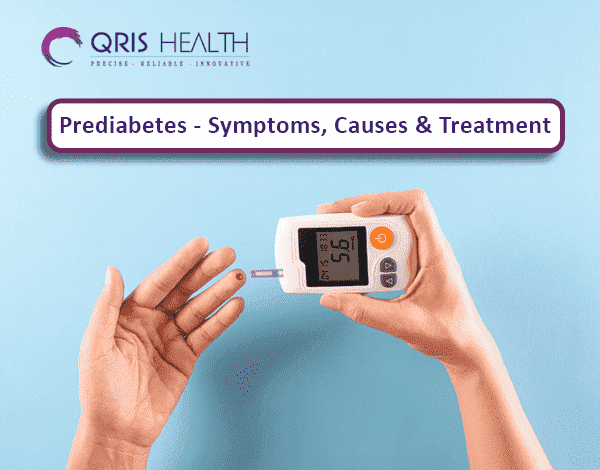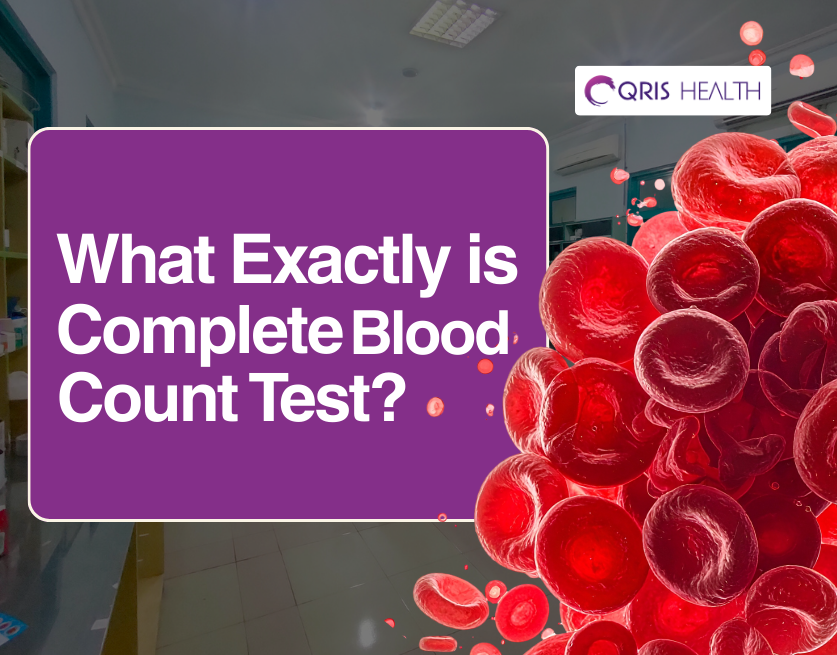Most people describe intermittent fasting as the best eating pattern for weight loss. It includes cycling that is brought about by the period of fasting and the periods of eating. While it is quite enlightening to a certain extent, it is important to understand how this tool works and what the advantages and disadvantages of this tool are.
How Intermittent Fasting Works
The various forms of intermittent fasting entail that there is limited intake of food at some point in the day. Some common approaches include:
- Time-restricted feeding: minimizing the number of hours taken for eating food in a day to that extent that the body is compelled to use calories at odd hours. For instance, concerning the timing of the meals, one can eat only within the period of 12 in the morning to 8 in the evening.
- Alternate-day fasting: reducing the number of meals in the week; for instance, they only eat once per day in the selected days in the week. This means that for a day you consume very few calories, or they simply take water and related fluids that you are allowed to.
- The 5:2 diet: having their normal meals in the normal manner for five days in a week and then consuming low-calorie diets for the next two days of the week, normally between 500 and 600 calories.
Potential Drawbacks of Intermittent Fasting
Although intermittent fasting may also have its disadvantages, the method can also provide benefits for weight loss and better health. Here are some of the key advantages:
1. Reduced calorie intake:
- Natural restriction: A benefit that comes with choosing this sort of eating pattern is that the number of hours that you are given to eat every day may necessarily bring with it a reduced amount of calorie intake. This is because, as compared to touring, you don’t have as many times during a given day that you can grab a snack or nibble.
- Mindful eating: Another benefit of intermittent fasting is that it hinders mindless eating because one is usually more conscious of the time and will take time to enjoy their meals without gulping in between.
2. Increased Metabolism:
- Metabolic boost: While some researchers claim that IF could temporarily increase one’s metabolic rate, making it easier to burn fat. This effect may be attributable to alterations of hormone levels and metabolism.
3. Improved Insulin Sensitivity:
- Better glucose control: It is quite necessary to say that intermittent fasting actually benefits in maintaining insulin sensitivity, a hormone that helps in managing blood glucose levels. and this can help to control the blood sugar levels and therefore prevent the occurrence of type 2 diabetes.
- Reduced fat storage: Better insulin sensitivity also means that the body will not store as much fat as it used to do when you are overfat.
4. Reduced Hunger Hormones:
- Appetite suppression: It might also assist in controlling some hormones that are involved in hunger, including ghrelin as well as leptin. This may lead to a reduced number of meals consumed per day, hence low calorie intake.
As with the system and application benefits above, it is necessary to point out that such potential advantages can be achieved with variance, depending on the specifics of a particular user instance. In the case of intermittent fasting, it is advisable to seek the advice of a health care provider on whether it is safe for you and the effects it has on the body you can take a Full Body Checkup in Delhi.
Potential Drawbacks of Intermittent Fasting
As it was mentioned above, there are some disadvantages to intermittent fasting, which is why this eating pattern has some benefits for weight loss and overall health. Here are some of the key advantages:
1. Reduced calorie intake:
- Natural restriction: the simple act of having low-intensity meals within a specific time, meaning early breakfast, early lunch, and early dinner, you are likely to take less food, which means lesser calorie intake. This is so because you are likely to spend a shorter duration of time snacking or rather freely consuming food.
- Mindful eating: This is because with IF, one gets to savor his/her meals more than with continuous eating, where he/she is bound to overeat.
2. Increased Metabolism:
- Metabolic boost: A few of them reveal that this form of diet can increase metabolism in the short run, therefore burning more fats. The above effect may be attributed to immunoendocrine interactions in the form of hormonal or metabolic shifts.
3. Improved Insulin Sensitivity:
- Better glucose control: Intensive bursts of not eating may be beneficial to make your body’s usage of insulin, the hormone that controls blood sugar with Sugar Screening in Delhi, more effective. It may also improve fasting and postprandial blood glucose levels and, therefore, help prevent type 2 diabetes.
- Reduced fat storage: Sensitive can also assist in preventing the deposit of extra fats within the body.
4. Reduced Hunger Hormones:
- Appetite suppression: Fasting can benefit in controlling some hormones that are related to hunger, for instance, ghrelin and leptin. This may cause less food intake and should lead to loss of body weight and less intake of calories.
As such, the above-stated potential benefits may apply to different individuals at different levels and therefore vary at the individual level. For instance, if you’re planning on taking the intermittent fasting approach, it is advised you seek the advice of your doctor to ensure it is safe for you and also the risks and side effects therein.
Cholesterol Test in Delhi: An Index of Well-Being That Cannot Be Overlooked
As already mentioned, intermittent fasting can be quite beneficial if you’re trying to shed some pounds, but it is always advisable to seek the approval of your doctor before you begin a new diet or exercise regimen. It is advisable to consult your physician and get a general health check with particular emphasis on cholesterol levels to decide whether or not you are fit to go for the intermittent fasting and whether it has a likelihood of having any adverse impacts on you.
This pharmacy is Qris Health Labs located in Delhi, India, and the services provided are health tests and screenings, which include cholesterol, full body, sugar, and blood glucose fasting tests in Delhi. Our healthcare services are rendered by highly qualified and skilled practitioners who can suit your requirements and advise you accordingly.
Do not wait any longer; contact us and schedule your appointment to improve the health of your body.






